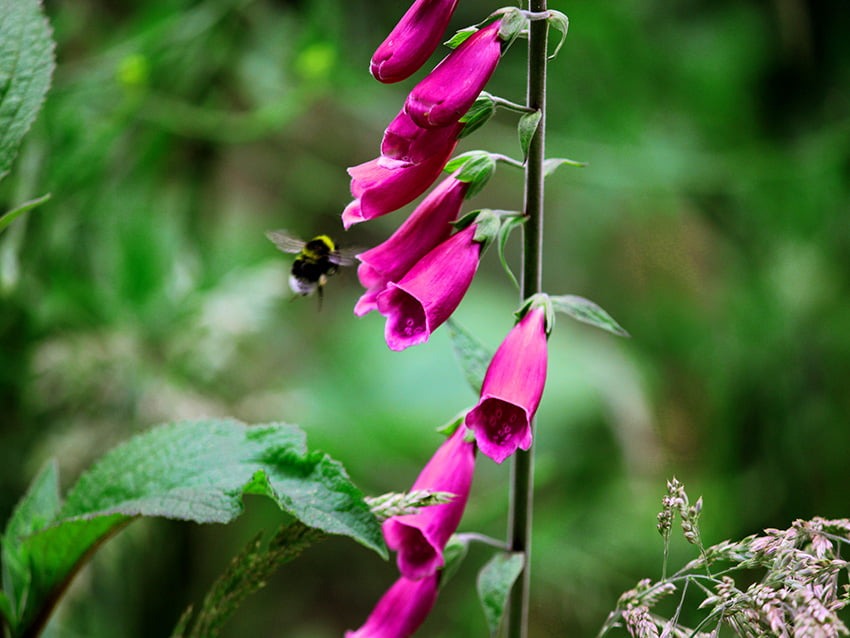
Invertebrates
Survey ServicesReport on invertebrates/mitigation strategy/ongoing monitoring
Detailed Assessments and Reports to Support Planning Applications

Legislation
The UK legally protects three invertebrate species under European standards: the large blue butterfly, Fisher’s estuarine moth, and the lesser whirlpool ram’s horn snail. Activities causing significant disruption to these creatures necessitate a European Protected Species Licence.
The Wildlife & Countryside Act 1981 safeguards roughly 45 invertebrate species comprehensively, while an additional 21 species benefit from partial protection. For those shielded under this act, development-related licences aren't granted. Only conservation-focused activities, proven to be indispensable, might gain approval from Natural England.
Moreover, around 400 invertebrate species are earmarked as priority species in the UK Biodiversity Action Plan (BAP). These species are further recognised as Species of Principal Importance according to Section 41 of the NERC Act (2006).
Habitat
Freshwater, Marine, Terrestrial
survey
In planning, significant invertebrate populations or the presence of exceptionally rare species become factors to consider. Projects that might affect such protected invertebrates should employ avoidance and mitigation methods.
For many other invertebrates, the mitigation approach hinges on specific site conditions and survey findings. We can tailor a strategy that safeguards the invertebrates in your area while aligning with your project's objectives.
Simple invertebrate conservation methods often involve leaving areas untouched or introducing vegetation to enhance habitat pathways. We frequently integrate these approaches into our projects and offer guidance on their execution.
survey timings
Terrestrial invertebrate surveys are most effective from April to September. For freshwater invertebrates, the ideal window is June to August for stagnant waters and mid-March to April or September to mid-October for flowing waters. The survey's timing can be affected by weather and location. Multiple visits might be necessary during a season. The design should factor in peak activity times for specific species, which could be brief. Consulting an ecologist when planning is recommended.Contact Us
For more information on the Invertebrates Survey, or to discuss a specific project, contact our office on 0845 463 4404.